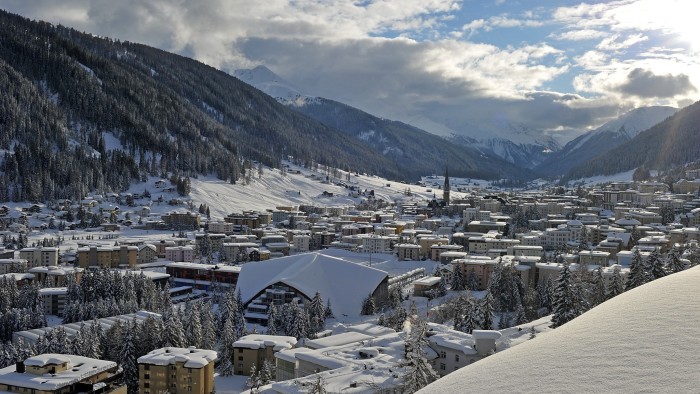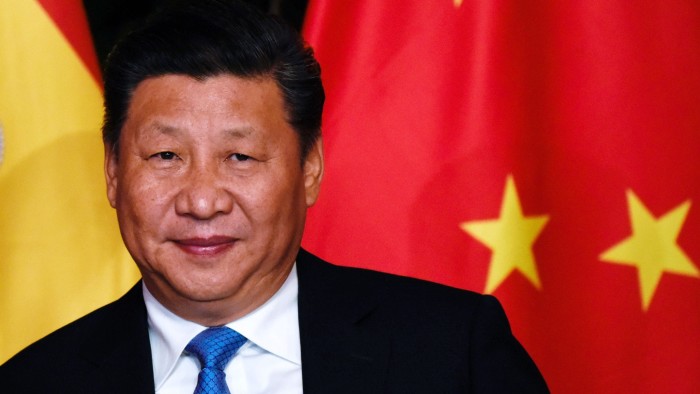Xi Jinping to visit Davos for World Economic Forum

Simply sign up to the Chinese politics & policy myFT Digest -- delivered directly to your inbox.
The World Economic Forum is preparing to welcome Xi Jinping to its annual meeting in January, in what would be the first such appearance by a Chinese president.
Mr Xi’s stop-off at the mountain resort will coincide with a state visit to Switzerland and planning is well under way, according to two people who have been involved in the arrangements.
The annual meeting is a favourite watering hole for the global elite and Mr Xi’s attendance would highlight his country’s leadership on the world stage, especially as the election of US president-elect Donald Trump appears to herald a more insular era for China’s principal geopolitical rival.
In the wake of Mr Trump’s unexpected victory last month and the UK’s shock decision in June to withdraw from the EU, Beijing has stepped forward with offers of regional free-trade agreements and pledges to continue the battle against climate change.
The Chinese foreign ministry declined to comment. A spokesperson for the WEF said she could not confirm Mr Xi’s visit.
“It demonstrates just how much ambition China has to the outside world now, and how Xi is the carrier of that,” said Kerry Brown, a Chinese studies professor at King’s College London. “[Xi’s] attendance at Davos would be looked at as a sign that China is starting to fill space being potentially vacated by the US under Trump.”

Mr Xi’s appearance at Davos would also contrast sharply with Beijing’s shyness at the last WEF meeting in January. At that time China was represented by two officials who are not particularly well known on the global stage — Li Yuanchao, who sits on the ruling Chinese Communist party’s politburo but not its more powerful Standing Committee, and Fang Xinghai, a vice-chairman of China’s securities regulator.
At the time, China’s equity and currency markets were in turmoil and Beijing’s foreign exchange reserves were falling at a rate of $100bn a month.
It was not until February, just ahead of a meeting of G20 finance ministers and central bankers in Shanghai, that China’s most senior leaders finally began to address global concerns about their management of the world’s second-largest economy, which had been rocked initially by a “one-off” devaluation of the renminbi in August 2015.
But the Chinese economy proved resilient despite nagging worries about high corporate debt levels, while the Brexit vote and Mr Trump’s surging presidential campaign deflected global attention away from Beijing’s challenges.
China’s president is now riding high with less than a year to go to a crucial party congress, in which he is expected to pack party and government ranks with his allies. Last month Mr Xi, already regarded as his country’s most powerful figure since Deng Xiaoping, was formally recognised as the party’s “core” leader in a further confirmation of his standing.
Jiang Zemin was the first Chinese president to visit Switzerland in March 1999. Mr Xi’s predecessor, Hu Jintao, stopped over in the country in April 2003.
Comments